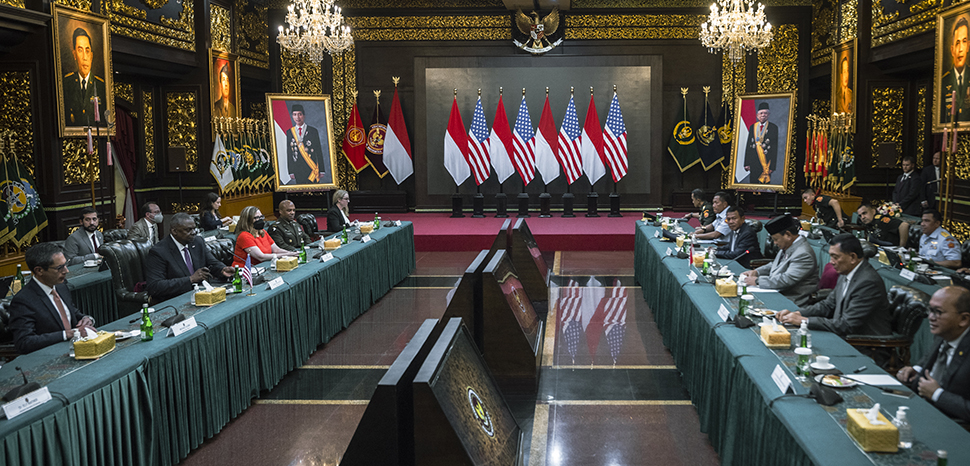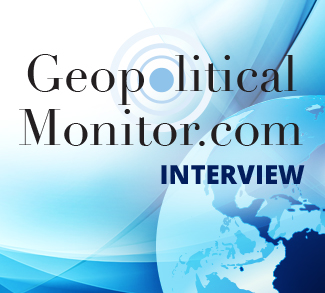Navigating the complex waters of Indonesia-China relations requires an understanding of the historical nuances, current dynamics, and future possibilities that shape this bilateral relationship. As Indonesia stands on the cusp of significant political transitions, the intricate interplay of history, domestic politics, and economic priorities continues to shape the complex relationship between Indonesia and China, especially with the recent developments under President-elect Prabowo Subianto. Prabowo’s actions post-election suggest a potential recalibration in the foreign policy approach toward China, reflecting a pragmatic stance on maintaining and possibly deepening bilateral ties amid evolving regional and global scenarios.
The roots of Indonesia-China relations stretch back to 1950 when Indonesia became one of the first countries to recognize the People’s Republic of China. This relationship, initially strengthened during Sukarno’s presidency, only to then face severe tests during the Suharto era, where anti-communist sentiment produced a diplomatic freeze that lasted decades. The post-Suharto era marked a cautious but progressive thawing of ties, fueled by global geopolitical shifts and China’s rising status as an economic powerhouse.
This historical backdrop is crucial as it has seeded long-standing political and social dynamics that continue to influence Indonesia’s approach to China. The presence of a significant ethnic Chinese population in Indonesia has been a source of economic strength but also of socio-political tension, particularly during periods of economic downturns and political upheaval. Periods of economic uncertainty and political transition have often seen a resurgence in these tensions, impacting the bilateral relationship with China.
For example, over the course of President Joko Widodo’s tenure, there has been marked criticism over his administration’s openness to Chinese investment. This criticism often intersects with wider concerns about Chinese influence and the presence of Chinese workers in Indonesia, which some perceive as threatening local jobs and economic sovereignty. The Widodo era saw Indonesia’s economic relationship with China deepen significantly, with China becoming a top trade partner and a major investor in Indonesian infrastructure projects. However, this economic relationship is not without its controversies. Perceptions of an influx of Chinese workers and the dominance of Chinese contractors in key infrastructure projects have sparked domestic debates about the benefits of these investments to Indonesia’s broader economic landscape.
These economic ties are complicated by geopolitical considerations, particularly China’s growing maritime assertiveness. Indonesia, while not a claimant in the South China Sea disputes, has found its exclusive economic zone overlapping with by China’s expansive claims, leading to tensions that occasionally disrupt the bilateral harmony.
Prabowo’s recent visit to Beijing, shortly after his election victory, is not merely a diplomatic formality but a strong indication of his intent to sustain, if not enhance, the relationship with China. Historically seen as a nationalist with a robust stance on sovereignty, Prabowo’s current approach appears more nuanced. During his tenure as defense minister, Prabowo exhibited a complex relationship with China, balancing his nationalistic rhetoric with a pragmatic foreign policy that often required engaging constructively, especially concerning maritime sovereignty and security issues in the Natuna Sea (the area of overlap with China’s maritime claims). This balancing act is now set to continue, perhaps even more strategically, as Prabowo steps into the presidency.
Investments such as the high-speed rail project linking Jakarta to Bandung have illustrated the potential benefits of Chinese capital, promising to boost connectivity and economic growth in the region. However, this project is not without its problems, having faced criticism over delays and budget overruns, highlighting concerns about the management of such large-scale collaborations.
Closer relations with Beijing will resonate in wider geopolitics, as the intensified rivalry between China and the United States puts Indonesia in a precarious position where Jakarta must navigate its policies carefully to avoid becoming overly aligned with one at the expense of its autonomy or relations with the other. Prabowo’s diplomatic engagements, including his outreach to Japan and ASEAN countries, signal a strategy of diversification and balancing, aiming to strengthen Indonesia’s position and bargaining power within the region.
Indonesia’s Foreign Policy under Prabowo
Looking ahead, several paths are discernible for Indonesia’s foreign policy under Prabowo’s leadership. The most likely scenario involves a continued strategic engagement with China, where economic collaborations are pursued vigorously but with an enhanced emphasis on safeguarding national interests and sovereignty. This approach would necessitate a delicate balancing act, maintaining robust economic growth while addressing domestic apprehensions about foreign influence and control.
Alternatively, Prabowo might steer Indonesia towards a greater diversification of its international relations. This strategy would involve strengthening ties with other Asian nations and perhaps more significantly with Western powers, thereby reducing the over-reliance on Chinese investments and mitigating risks associated with geopolitical tensions.
A less likely but possible path could be a more confrontational stance toward China, driven by unforeseen geopolitical conflicts or a significant domestic swing toward nationalism. Such a stance would align Indonesia more closely with other Southeast Asian nations and strategic partners like the United States, which share concerns over China’s regional ambitions.
As Indonesia navigates its complex relationship with China, the choices made by Prabowo’s administration will have profound implications not only for Sino-Indonesian relations but also for Indonesia’s role in a broader regional and global context.
The views expressed in this article belong to the author(s) alone and do not necessarily reflect those of Geopoliticalmonitor.com.




